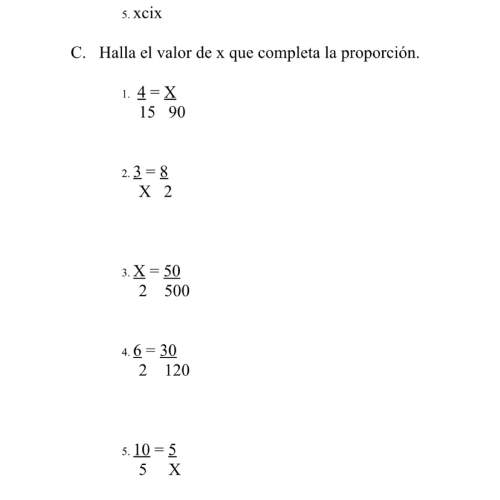
Mathematics, 22.01.2020 20:31, studyoverload
Each of the possible five outcomes of a random experiment is equally likely. the sample space is {a, b, c, d, e}. all outcomes are equally likely. let a denote the event {a, b}, and let b denote the event {c, d, e}. determine the following probabilities:
a) p(a)
b) p(b)
c) p(a')
d) p(a∪b)
e) p(a∩b)

Answers: 1
Other questions on the subject: Mathematics


Mathematics, 21.06.2019 18:30, Alexandragurule18
Can someone check if i did this correct. it’s number 4 if you’re wondering.
Answers: 1


Mathematics, 21.06.2019 20:30, cld3331
Merrida uses a pattern in the multiplication table below to find ratios that are equivalent to 7: 9. if merrida multiplies the first term, 7, by a factor of 6, what should she do to find the other term for the equivalent ratio? multiply 9 by 1. multiply 9 by 6. multiply 9 by 7. multiply 9 by 9.
Answers: 1
Do you know the correct answer?
Each of the possible five outcomes of a random experiment is equally likely. the sample space is {a,...
Questions in other subjects:

English, 18.08.2019 11:50

Mathematics, 18.08.2019 11:50



World Languages, 18.08.2019 11:50

Mathematics, 18.08.2019 11:50

History, 18.08.2019 11:50

German, 18.08.2019 11:50


Mathematics, 18.08.2019 11:50






![S= [a,b,c,d,e]](/tpl/images/0466/0792/6be46.png)
![A= [a,b]](/tpl/images/0466/0792/6e678.png)
![B= [c,d,e]](/tpl/images/0466/0792/91e42.png)








